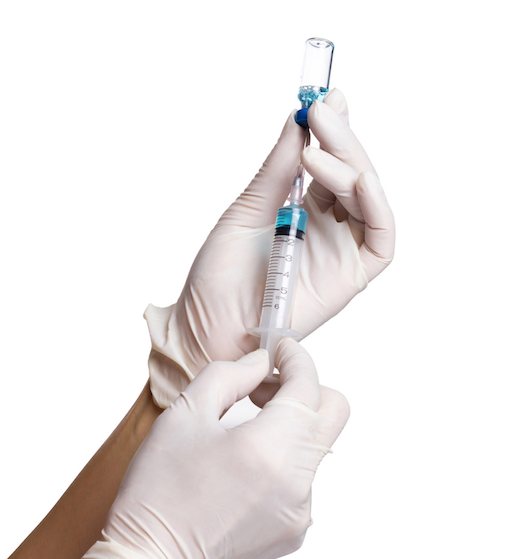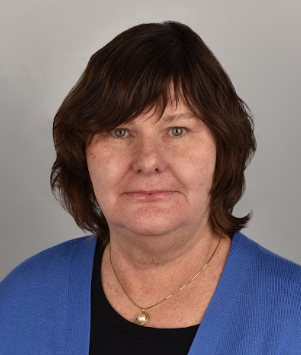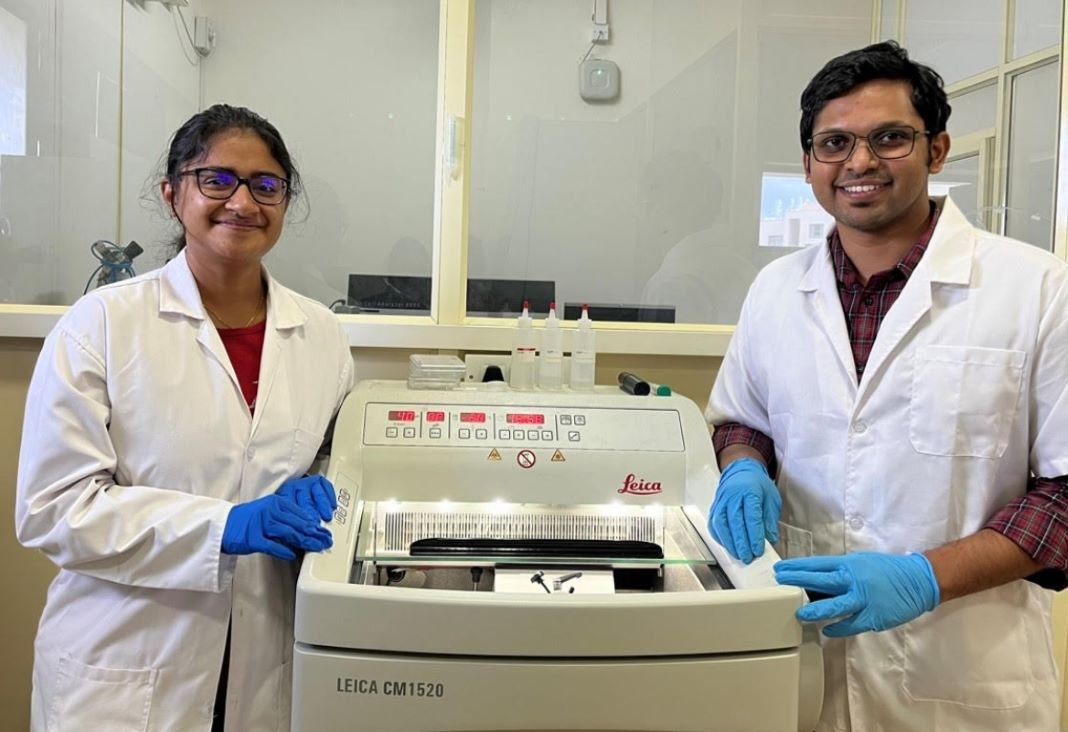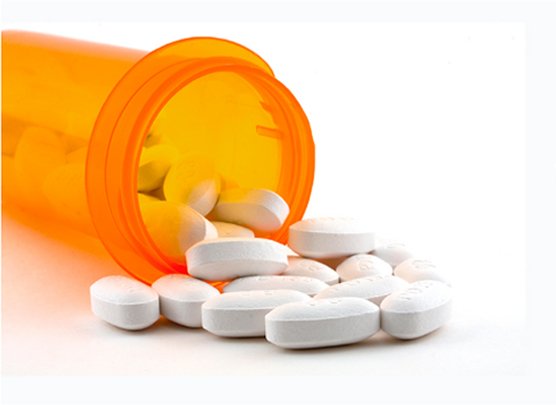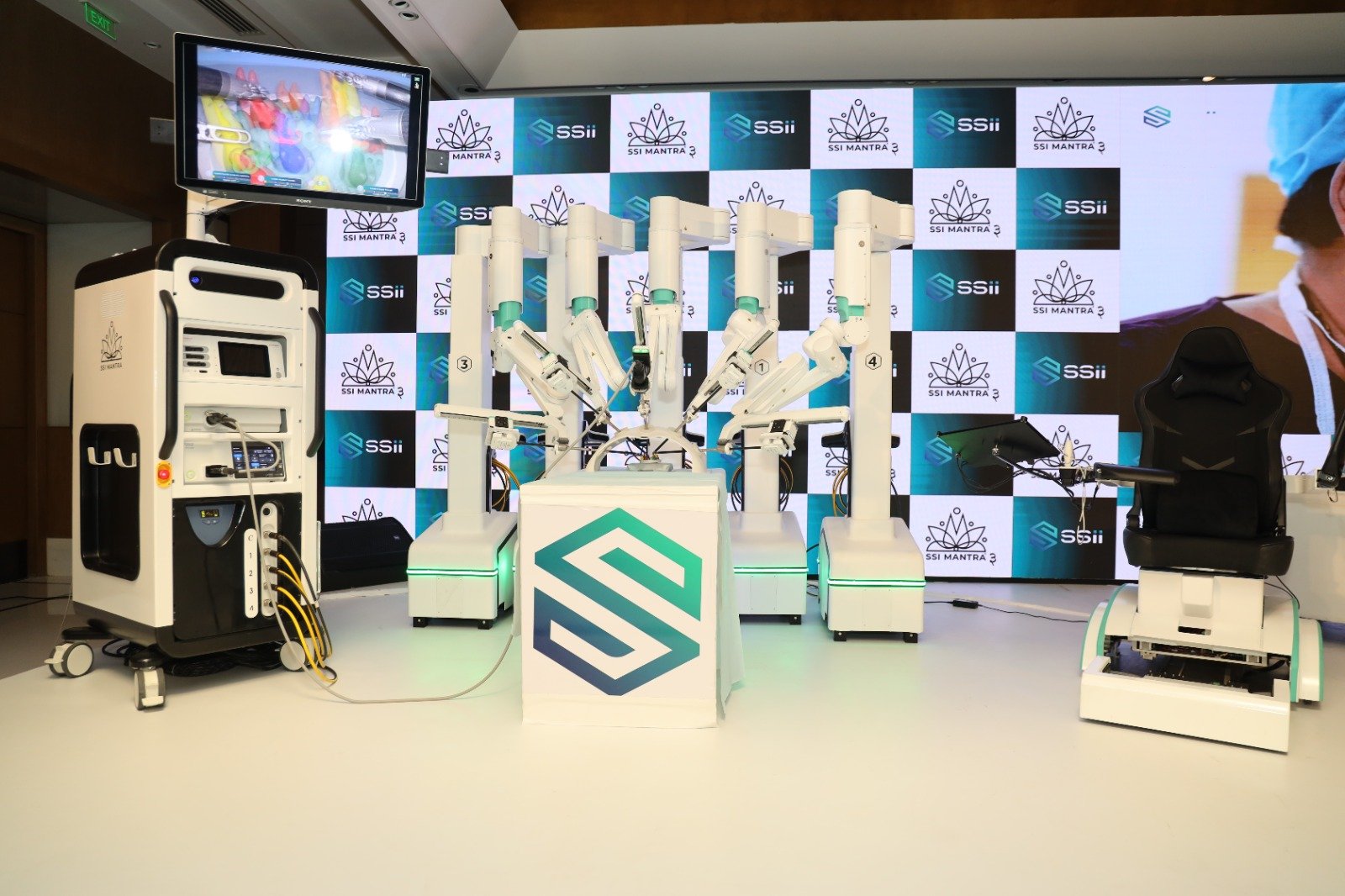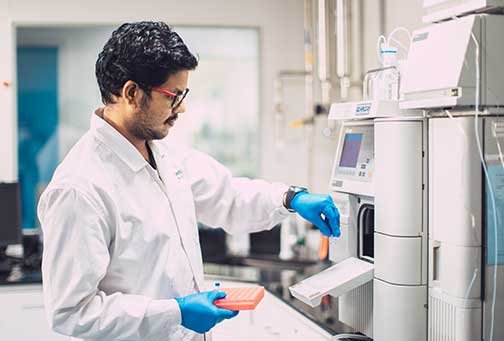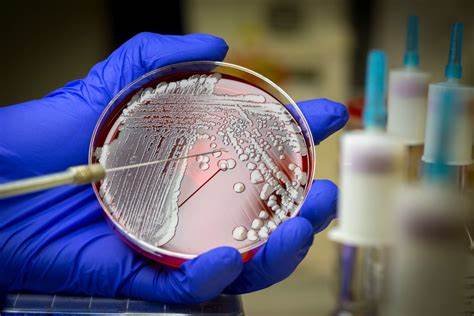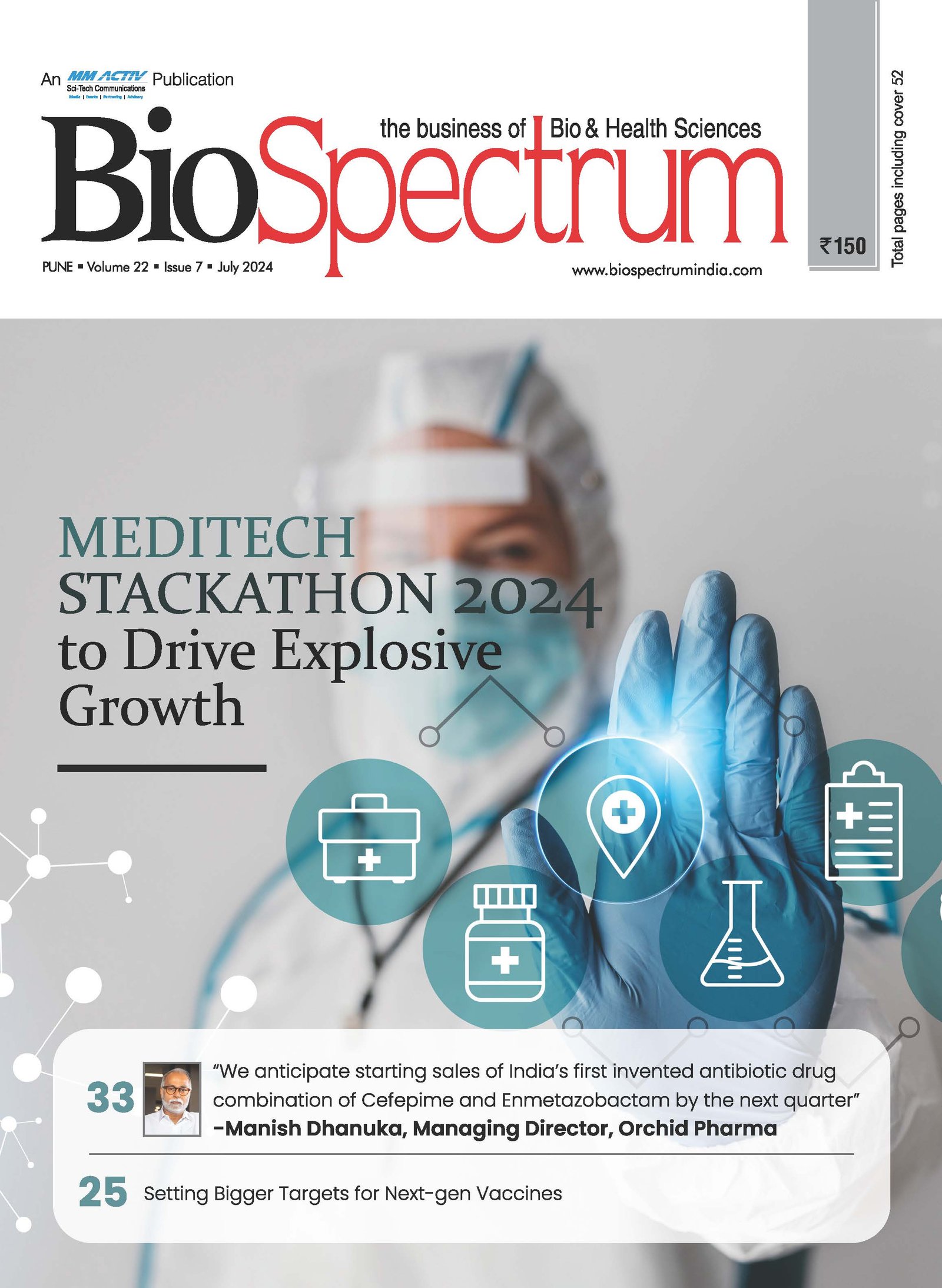Global Type 1 Diabetes Mellitus market value will exceed $7 bn by 2021
26 November 2015 | Features | By BioSpectrum Bureau
Global Type 1 Diabetes Mellitus market value will exceed $7 bn by 2021
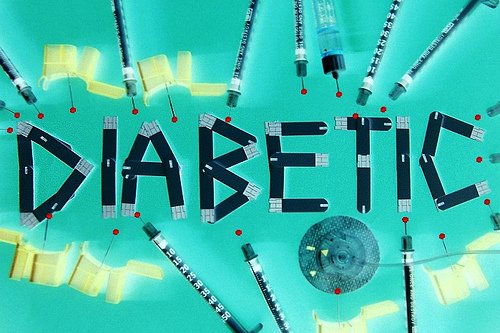
(Photo Courtesy: www.hackread.com)
The Type 1 Diabetes Mellitus (T1DM) market across the eight major countries of the US, Canada, France, Germany, Italy, Spain, the UK and Japan will expand from $4.2 billion in 2014 to $7.1 billion by 2021, at a robust Compound Annual Growth Rate (CAGR) of 7.9%, according to business intelligence provider GBI Research.
According to the company's latest report, this rise will be driven by the uptake of recently approved and pipeline premium products, as well as the rapidly expanding treatment population, which is attributable to the increasing incidence of T1DM, as well as the fact that patients are being diagnosed at younger ages and living longer due to improved treatment options.
Ms Fiona Chisholm, Analyst for GBI Research, says that while the T1DM market faces the threat of considerable biosimilar erosion over the forecast period, owing to recent and upcoming patent expirations for several of the leading insulin brands, such as Sanofi's Lantus, Eli Lilly's Humalog and Novo Nordisk's Levemir and Novolog, there are reasons to be optimistic.
She comments: "Despite this apparent market vulnerability, all of these companies have strong pipeline products in development, and will therefore maintain their positions as dominant players in T1DM over the forecast period.
"Indeed, technological advances in recent decades have led to the development of improved exogenous insulin therapies, capable of mimicking endogenous insulin activity more effectively. As such, there are several promising insulin products in development, including Novo Nordisk's NN-1218 and Eli Lilly's insulin peglispro."
GBI Research has also identified a strong trend in the pipeline for the development of non-insulin therapies, including adjuvant therapies capable of reducing hyperglycemia in an insulin-independent manner, and products attempting to disrupt the pathological immune-mediated destruction of pancreatic beta cells.
Ms Chisholm continues: "Several of the adjuvant therapies are in late-stage drug development and have demonstrated strong clinical profiles. The emergence of such treatments will drive strong market growth over the forecast period.
"Additionally, products disrupting the destruction of pancreatic beta cells are likely to have a greater impact on the T1DM treatment algorithm over the longer term."



